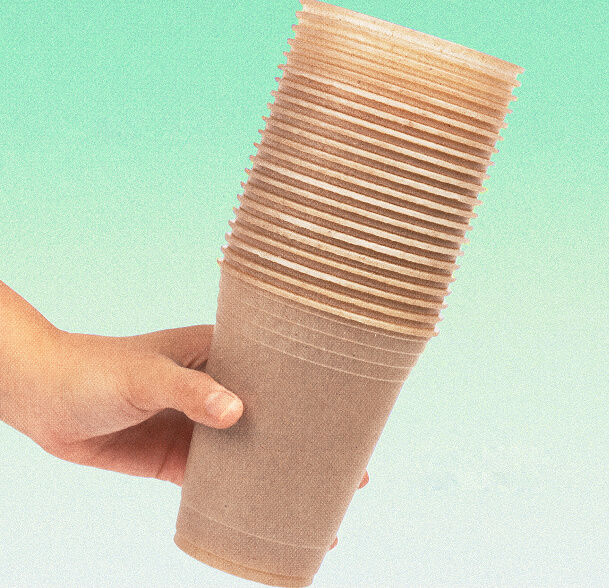

UPCYCLING AGRO WASTE

FPAS AND BPA FREE

AGAVE BASED COMPOUND

SAFE FOR FOOD CONTACT


Greenprint Certified Manufacturing

Innovating with New Fibers and Compounds

Efficient Manufacturing

Sustainable Solutions for Everyday Use